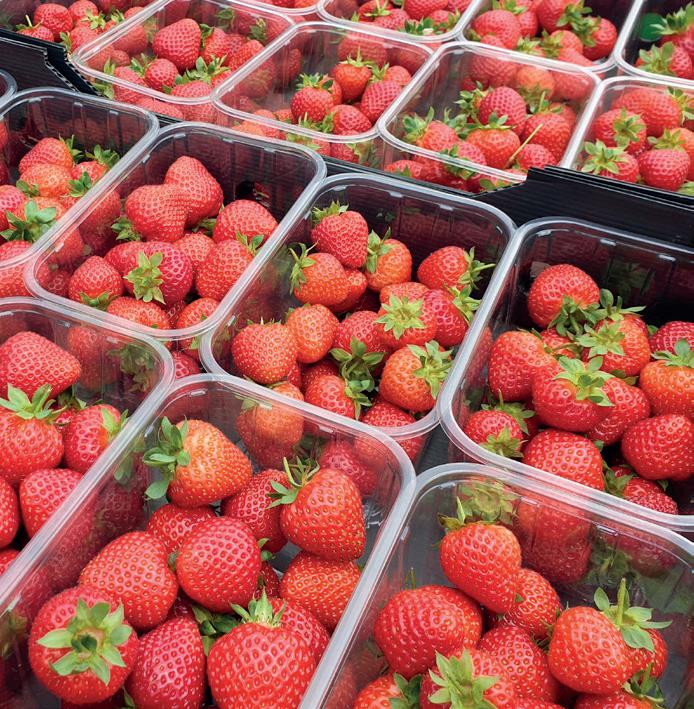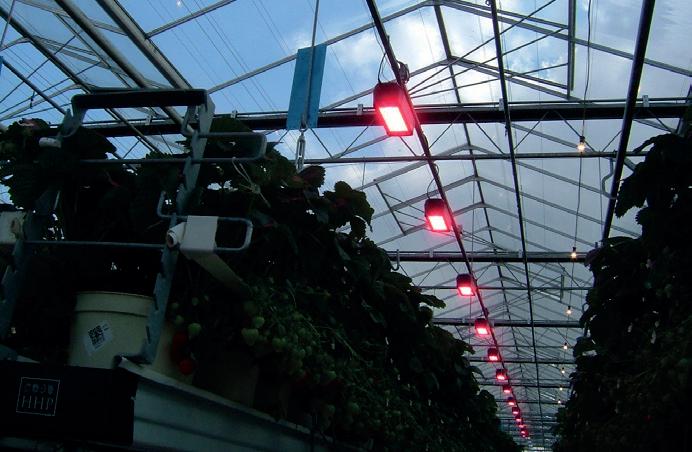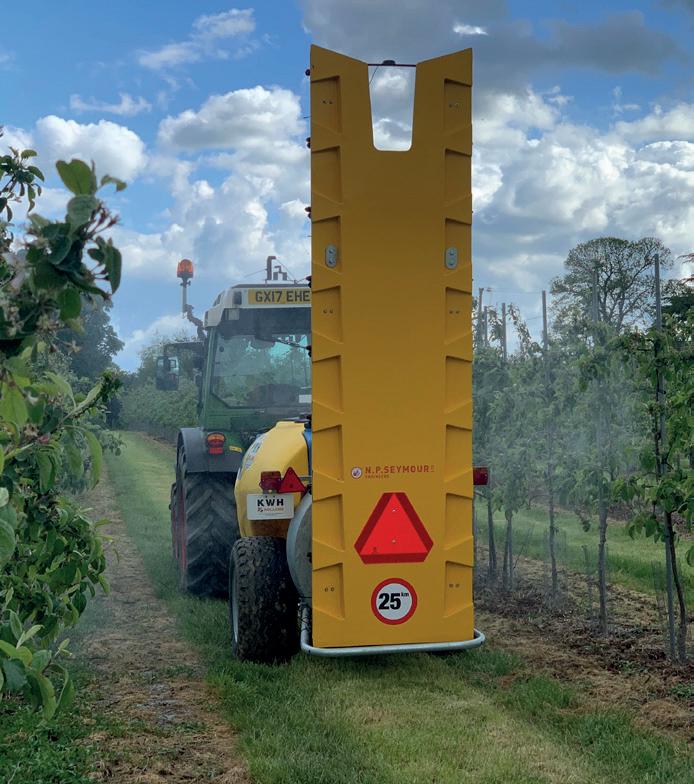
1 minute read
The impact of soil amendments on apple replant disease

Title: Exploiting the multifunctional potential of belowground biodiversity in horticultural farming
Advertisement
Funder: EU H2020
Partners: 16 Partners from eight European countries; CREA (an Italian research organisation) is the project co-ordinator
Term: June 2019 to December 2024
With the recent increase in apple fruit wall production systems on old orchard ground, there has been a corresponding increase in apple replant disease which has significantly reduced the financial returns in the early years after establishment (Figure 1). Apple replant disease causes a reduction in root growth which results in poor scion growth and cropping. Soil fumigation was used in the past on some sites before planting new orchards, but the availability of fumigants is much reduced and the industry needs more environmentally friendly and sustainable alternatives.
The project
This pan-European project known as EXCALIBUR aims to develop microbial solutions to improve management of key soilborne diseases in apple, strawberry and tomato. Within this project, NIAB focuses on evaluating the effects of individual and combined soil amendments at planting time on apple establishment and subsequent growth and fruit production. In April 2020, we planted a new apple trial on an old apple orchard site, designed to induce the development of apple replant disease. Gala was used on an M9 rootstock. The trial compared a NIAB arbuscular mycorrhizal fungal (AMF) species (Diverspora), a mix of biocontrol species (Trichoderma and Bacillus subtilis), a mix of plant growth promoting rhizobacteria (PGPR) species, a combination of these, Biofence granules and a mix of AMF species. These treatments were applied either pre-planting (Biofence) or during the planting process.
Results to date
In the Spring of 2021 and 2022, the tree girth and temporal flowering pattern of individual trees were measured, then the number of fruit and fruit weight was recorded at harvest for two classes of fruit (> 60 mm and ≤ 60 mm).
In 2021, there were significant effects of applying biocontrol species at the planting time for both fruit weight and fruit number, which were both higher than the untreated control. The AMF treatment also gave an increase in fruit number. The biocontrol species and AMF treatment also provided a significant increase in girth expansion, although the combination of AMF and PGPR led to a reduction in girth expansion.
In 2022, a season of extreme weather conditions, there were no significant differences in fruit weight and fruit number between treatments, but amendment with AMF or biocontrol species came close to providing a significant increase in tree girth.
Further data will be collected in 2023, but it is promising that specific amendments appear to be leading to some positive effects.








